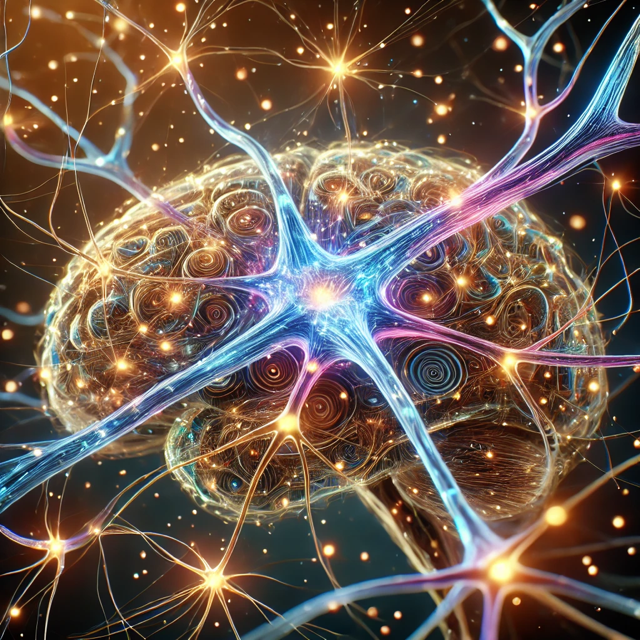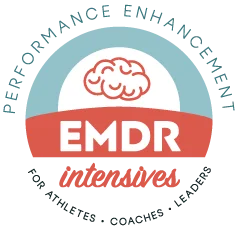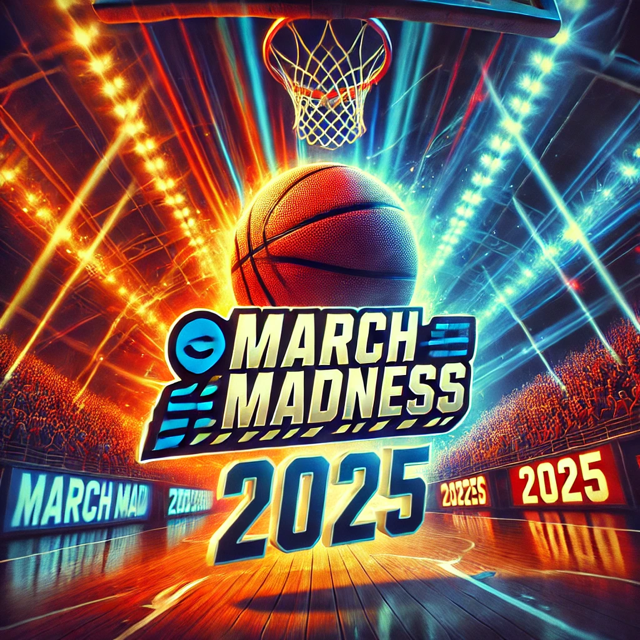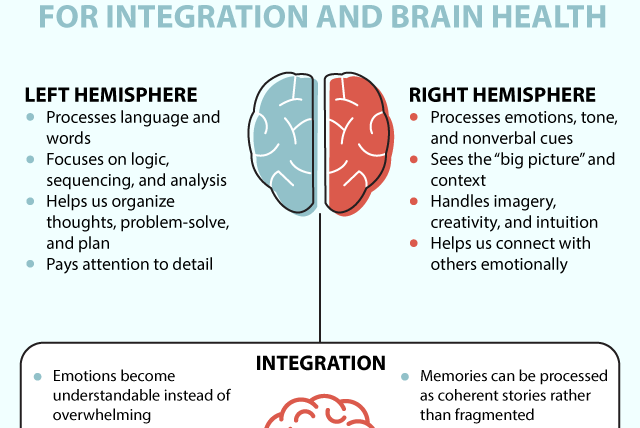Summary
- Athlete mental health is significantly impacted by fan abuse related to sports betting.
- The nervous system plays a crucial role in how athletes respond to stress and trauma.
- EMDR (Eye Movement Desensitization and Reprocessing) therapy promotes neuroplasticity and supports athletes’ mental well-being.
- Simple practices like hydration, mental rehearsal, mindfulness and connection can support neuroplasticity.
Introduction
March Madness is an exciting and intense time for basketball fans, athletes, and coaches alike. However, the pressure and stress associated with this period can have significant impacts on athlete mental health, especially when combined with fan abuse related to sports betting. Understanding how the nervous system responds to such challenges is key to supporting athletes’ well-being.
The Impact of Fan Abuse on Athlete Mental Health
During a recent basketball game, I noticed an NCAA commercial titled “Don’t Be a Loser,” aimed at discouraging fan harassment of college athletes after a lost sports bet. Research from last year revealed that one in three student-athletes received abusive messages from individuals with a betting interest. A staggering 80% of this abuse targeted participants in men’s and women’s March Madness, with women facing more threats than men. “These actions not only threaten athlete mental health but also harm the overall environment of college athletics (NCAA.org).”
The Role of the Nervous System
The body’s threat response significantly affects the nervous system. Athletes, coaches, and fans alike need mental health support to navigate stress, pressure, and setbacks. Neuroplasticity—the brain’s ability to adapt and rewire its response to various stimuli—plays a pivotal role in managing these challenges. By forming new neural connections throughout life, individuals can enhance learning, recover from setbacks, build resilience and strengthen positive experiences.

How EMDR Therapy Supports Athletes
EMDR (Eye Movement Desensitization and Reprocessing) therapy aids neuroplasticity by helping individuals process past traumas and reduce stress responses. For athletes, this can mean overcoming performance anxiety or emotional barriers caused by difficult interactions with coaches, teammates, or fans.
One athlete I worked with, a female basketball player, shared a profound example. She struggled with performance due to a challenging relationship in her sports environment. Although advised to “not give them power” by ignoring the problem, this advice overlooked how her nervous system still held onto the stress. EMDR therapy helped her retrain her nervous system, reducing the automatic threat response and empowering her to move forward.
The Connection Between March Madness and Mental Health
During March Madness—whether playing, coaching, working, or even betting—the nervous system remains actively engaged. Athletes need consistent support to thrive, not just perform. EMDR therapy is an evidence-based approach that addresses mental health by promoting neuroplasticity, helping break negative mental patterns, and building resilience. Sports betting is everywhere, so we all need to be aware of our mental health needs and our own neuroplasticity.
Practical Tips to Promote Neuroplasticity
Fostering neuroplasticity supports overall mental well-being. Here are some practical ways to encourage it:
- Stay Hydrated, Eat Well, and Sleep: Proper hydration, nutrition, and sleep are foundational for brain health and memory consolidation.
- Challenge the Brain: Engage in mental rehearsal (visualizing success), learn new skills, and vary routines to create new neural pathways.
- Practice Mindfulness and Breath Work: Techniques like meditation and mindful breathing help manage stress and build resilience.
- Find Connection: Our biology draws us to connect and feel “felt” so talk with someone about this- Ask how they felt when their “bracket was blown” during March Madness, what do they love about the game, what coaches and players have caught their attention. I believe healthy connections for fans can help change these statistics, and connection is a vital part of neuroplasticity.
Conclusion
As March Madness continues, it is crucial to prioritize athlete mental health and understand the role of the nervous system in stress management. EMDR therapy can be a valuable tool for athletes to strengthen resilience, reduce stress responses, and thrive both on and off the court. Taking care of our own mental health through neuroplasticity-promoting habits can also make a positive difference in everyday life. As we advocate for athlete mental health and the integrity of the sports world, we can stand against betting-related fan abuse toward athletes and coaches. There are resources for athletes and fans alike to get the support they need, so we can all enjoy March Madness together (remember how important connection is for mental health)!
Draw the Line on Sports Betting – NCAA.org
Call: 1-800-GAMBLER
Chat: 1800gamblerchat.org
Text: 800GAM




